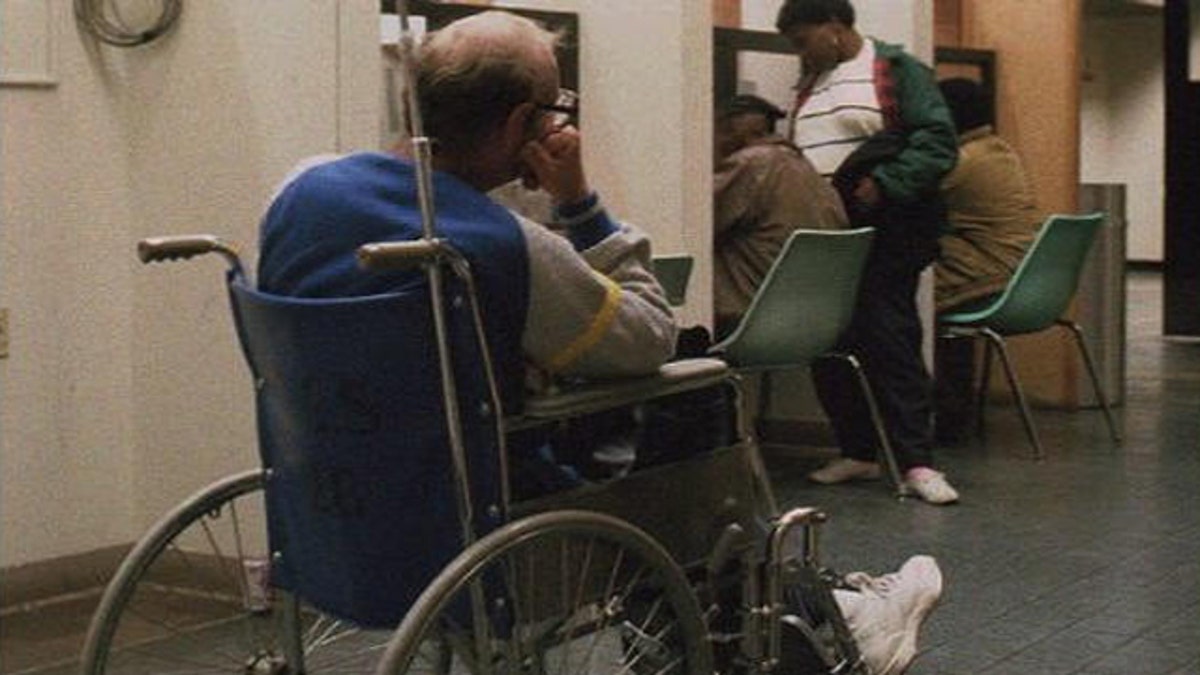
New regulations from the Equal Employment Opportunity Commission offer fresh guidelines on the issue of how to define "disability" under the Americans with Disabilities Act. (AP)
Millions of Americans may be disabled and not even know it, according to some legal experts.
That's because sweeping new regulations from the Equal Employment Opportunity Commission offer new guidelines on the issue of how to define "disability" under the Americans with Disabilities Act.
The ADA, originally passed in 1990 and updated by Congress in 2008, originally defined disability as "a physical or mental impairment that substantially limits a major life activity."
When a worker satisfies the definition, employers must provide reasonable accommodations. For years, employers and employees have clashed over who truly qualifies for the sometimes-costly modifications to workplace duties and schedules. Attorney Condon McGlothlen says the new regulations could have a profound impact on that debate.
"Before, perhaps 40 million people were covered by the ADA. That number will increase significantly," McGlothlen told Fox News. "Some people might even say that a majority of Americans are covered as disabled under the law."
EEOC Commissioner Chai Felblum said the agency worked hard to find compromise between the business and disability communities, and she's optimistic the new regulations provide the right balance. "These are workable guidelines that will help people with disabilities, and it will be workable for employers," Feldblum said.
Although the new regulations cannot classify any condition as a disability per se, there is a list of maladies that will be viewed that way "in virtually all cases." The list includes: autism, diabetes, epilepsy and post-traumatic stress disorder.
Overall, lawyers for employers say the regulations shift the burden of proof in disability claims.
They say that employers will now have to show why a worker doesn't require special accommodations, rather than employees proving that the measures are merited.
"It's going to be very difficult for employers to argue in just about any case that an employee is exaggerating their disability or that the person isn't genuinely disabled," McGlothlen said.
While both sides acknowledge it is only a matter of time until a legal challenge to the regulations is filed, Feldblum believes they will provide courts with plenty of clarity. She's also urging employers to stop focusing on defining disability, and spend more time on accommodations.
"I am hopeful that employers will now move to the next question which is, 'How do we make sure our workplace is welcoming to people with a range of health conditions?'" she told Fox News.
Barring congressional intervention, the new regulations will take effect May 24.




